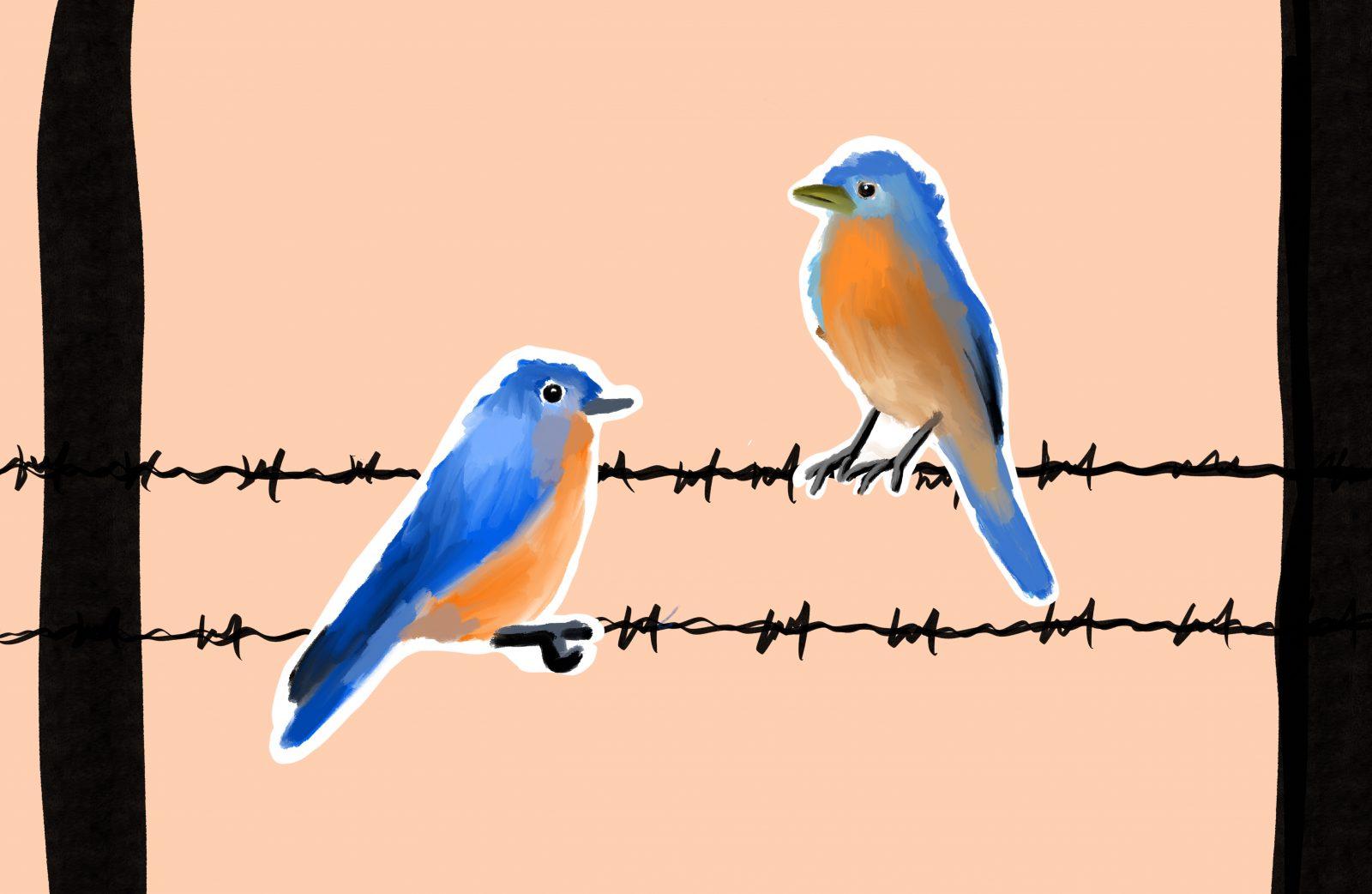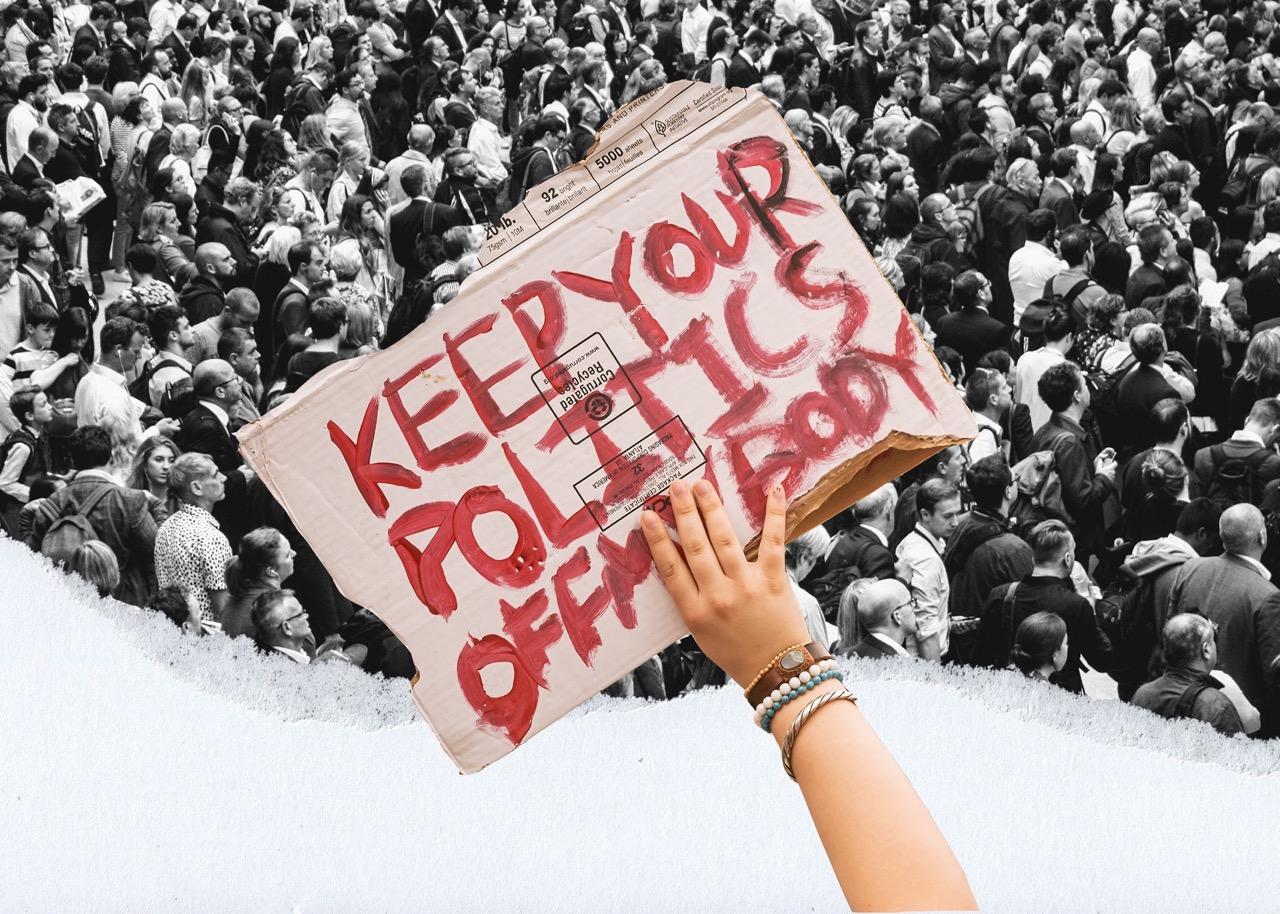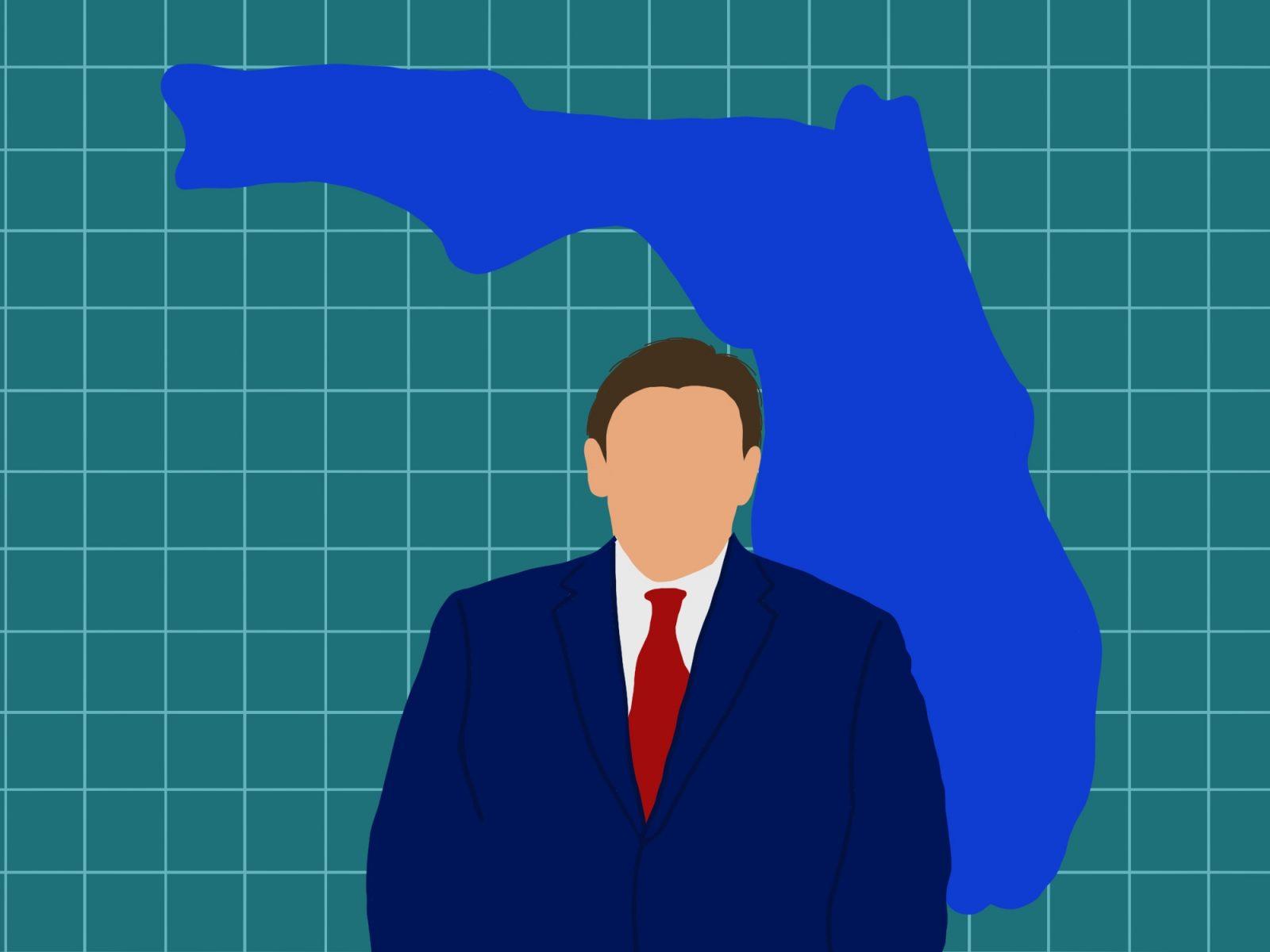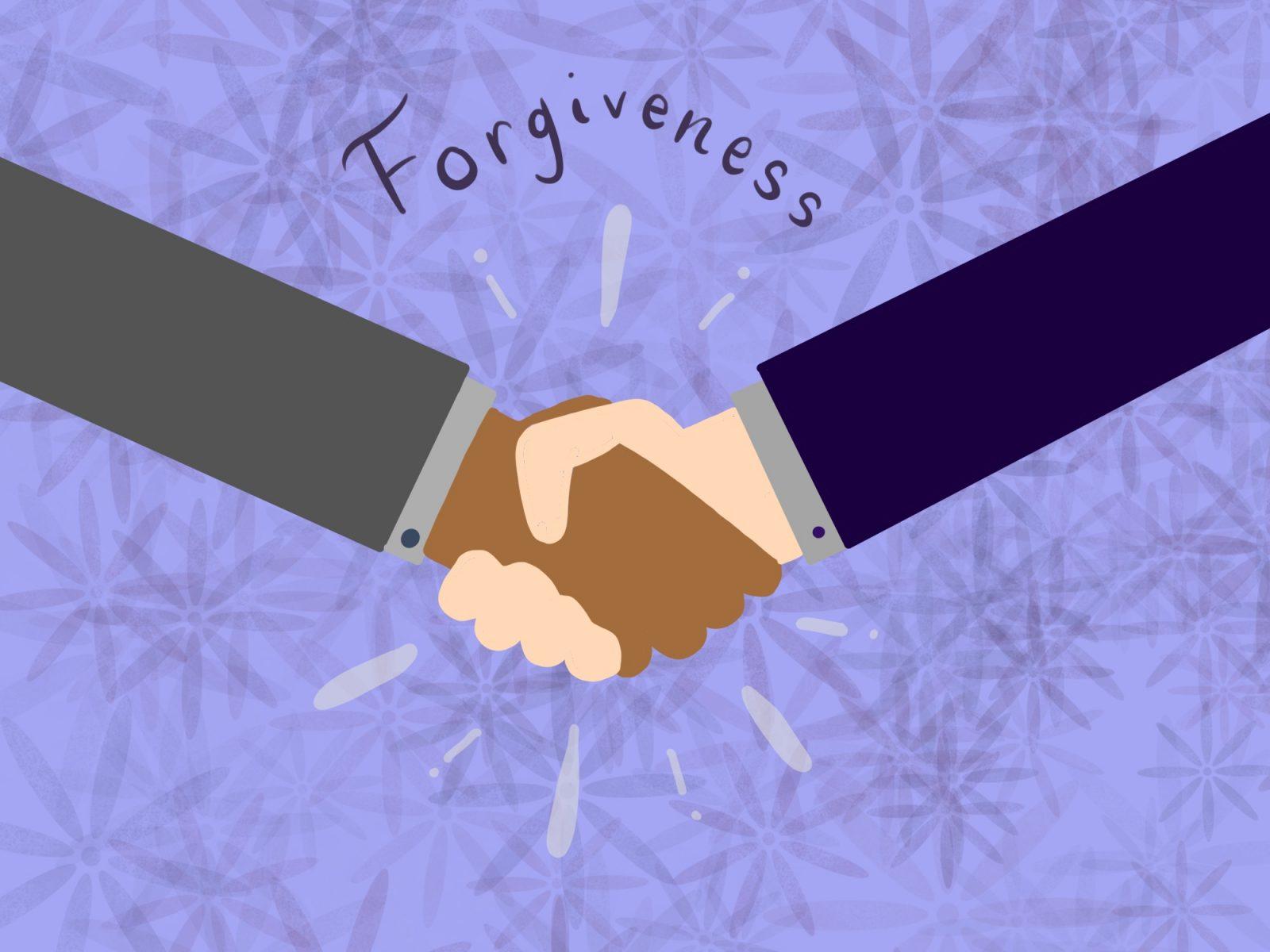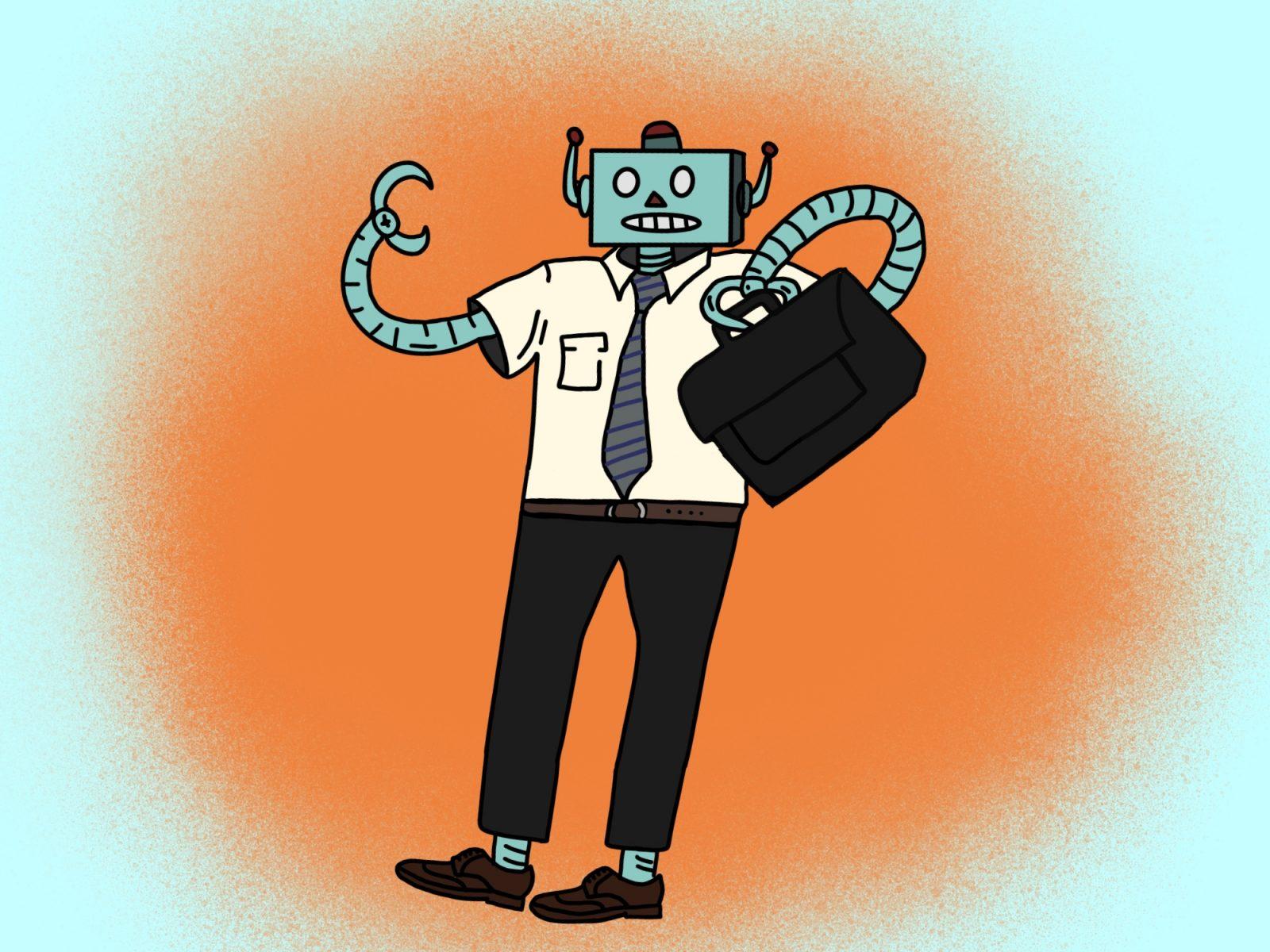Two years ago, in my home state of Alabama, Domineque Ray died alone in a cold execution chamber. In 1999, he had been sentenced to death for the murder of three teenagers — two young brothers and a fifteen-year-old girl.
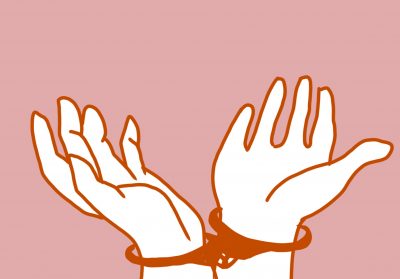
But while knowing he had endured a deeply traumatic childhood and that he and his lawyers insisted he was innocent for the entirety of the two decades that he was imprisoned, perhaps the most devastating detail of Ray’s death is that he was denied spiritual support during the very moment that he needed it most.
Ray was a devout Muslim, but the state of Alabama refused to accommodate his request for an imam to be present in the execution chamber as he died. Because Alabama only has a Christian chaplain on the payroll, they claimed it was a security risk to allow the imam into the chamber because he was not an employee of the corrections department.
The Supreme Court took up Ray’s case in order to determine whether his religious freedom was being denied. On Feb. 7, 2019, they decided that the execution could go forward by a 5-4 vote, and Ray was killed that very night.
While it never should have been this way — Ray never should have had his religious rights denied, nor should he have been executed at all — the murky constitutionality of his death did have somewhat of a positive ripple effect.
Multiple executions have been stalled since Ray’s death, particularly in Texas, due to legitimate legal claims by inmates that their religious rights are being ignored. Patrick Murphy, Kosoul Chanthakoummane and John Henry Ramirez are just a few of the men who could have been dead already, killed without the support or presence of a religious advisor, if the shadow of Ray’s legally ambiguous execution didn’t currently linger over the Supreme Court.
You see, these men aren’t asking to be freed, or even to live. They’re simply asking to die with a priest, an imam or a Buddhist spiritual guide beside them, to have hands laid upon them or to hear the sacred words of their faith recited as they leave this life. And yet multiple state governments, Texas in particular, currently deny this very simple and necessary religious freedom, citing security concerns regarding the presence of unvetted spiritual advisors.
The entire nation should be incensed by the clear constitutional infringements that are happening within our justice system. It is unfathomable that the highest court in the land would allow Domineque Ray to die alone while his Christian counterparts were able to be comforted by a chaplain in their final moments.
It is also unfathomable that states like Texas are trying to kill prisoners without honoring their religious needs and rights. Because in many faiths, such as my own, Catholicism, laying on of hands and spoken prayers are extremely integral and necessary for the spiritual transition out of this life.
It is highly unlikely that I or anyone reading this will end up on death row. But I doubt many of the people languishing in cells, waiting to die and desperately praying that their spiritual advisor can be with them as they are killed, ever imagined they would be there either. If the rule of law regarding religious freedom does not extend to those in prison — to those who truly need it most — then it should not be considered a right that any person can count on.
As a Catholic, I am fundamentally opposed to the death penalty in any form, for any reason. After all, my faith teaches that God Himself became a poor brown man who was executed by the state. How, then, could I look at these people — who are disproportionately low income and people of color — staring at the walls of an empty cell for 23 hours a day and support their state-sanctioned murder? How could I not see the face of God in every single broken soul that currently sits on death row?
Many have done terrible things, yes. Many have committed evils beyond our comprehension and should absolutely be punished for the remainder of their lives, but who is really punished when a man behind bars is killed?
The general public does not become safer, as modern prisons are incredibly secure and escape is virtually impossible. Nor do we become a better society, more moral or more just. And most importantly, the victims do not come back.
Instead, when we support the death penalty, we give the state the ability to determine whether a human being deserves to exist. We supply a government that has historically carried out innumerable evils, has allowed humans to own humans and has waged unjust wars with the right to decide if a person can be a person anymore. And when we allow that, I believe we punish ourselves just as much as we punish the prisoners being killed.























































































































